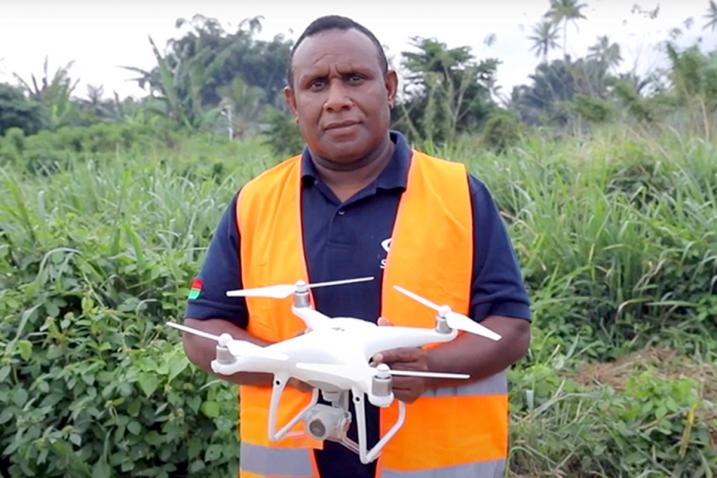New York, May 17 – While the world is still struggling to end the pandemic with massive vaccination campaigns, the United Nations called for advanced application of science, technology and innovation programs to boost post-Covid-19 pandemic recovery and close gaps in gender inequality and vaccine distribution.
The UN Conference on Trade and Technology (UNCTAD) provides the lead concept in the debate taking place at a the 24th conference of the UN Commission on Science and Technology for Development (CSTD) from 17 to 21 May. The meeting is bringing together UN officials and experts under the leadership of UN Deputy Secretary-General Amina Mohammed to examine how new technologies can improve people’s lives while countries around the world are trying to recover from the pandemic.
“The COVID-19 pandemic has underscored the pressing need to prioritize science, technologies and innovation (STI) in terms of policymaking, resource allocation and international cooperation,” said Shamika N. Sirimanne, UNCTAD’s director of technology and logistics, who also heads the CSTD secretariat.
“But governments also need to make sure that the development benefits of STI translate directly into the daily lives of people all over the world,” Sirimanne said.
Moreover, Ms. Sirimanne added, it’s vital for all countries to have equal access to the benefits of life-saving treatments, not only for the pandemic but also for poverty-related diseases, future health emergencies and infectious disease outbreaks.
The UN conference will examine opportunities offered by frontier technologies such as artificial intelligence, big data and robotics, some of which have been used in fighting the pandemic. Developing countries can benefit from those technologies and transform their economies and societies, UNCTAD said
in the UNCTAD Technology and Innovation Report 2021.
The report examines how frontier technologies may lead to the unwanted situation of widening existing inequalities and creating new ones. It also calls for strengthening government and international policies to create a more equal world of opportunity for all. The report says frontier technologies already represent a US$350 billion market which could grow to US$3.2 trillion by 2025.
“The COVID-19 pandemic has already highlighted many manifestations of profound digital inequalities within and among countries,” Sirimanne said.
She said proactive policy interventions, the mobilization of all stakeholders and international cooperation are needed to set the direction of STI advances towards a sustainable and resilient recovery from the pandemic.
Speakers at the 24th session of the CSTD will include the president of the UN Economic and Social Council (ECOSOC), Munir Akram; the president of the 75th UN General Assembly, Volkan Bozkır; the secretary-general of the International Telecommunication Union, Houlin Zhao; a Nobel laureate in chemistry, Jennifer Doudna; and a senior vice president of BioNTech RNA Pharmaceuticals, Katalin Karikó.
United Nations correspondent journalists – United Nations correspondent journalists – United Nations correspondent journalists
United Nations journalism articles – United Nations journalism articles – United Nations journalism articles

